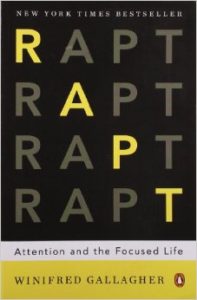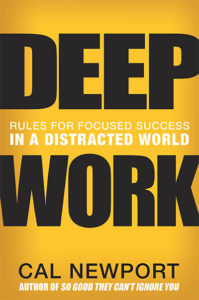 Meet Lulu.
Meet Lulu.
She’s a 70-pound pit bull with a heart of gold who can teach us a lot about mindfulness practice. My friend got Lulu from the pound. Like any good dog owner, once she got her home she began to train her.
Not long ago, we all took a walk and I saw Lulu’s training in action. A few moments into our stroll, Lulu got distracted by a piece of trash and veered off course. “Leave it, Lulu,” my friend gently commanded and her muscle-bound pit bull fell in line. When Lulu got distracted by an invisible smell, a runner’s shoelace or a breeze (she is a dog after all) my friend’s refrain – “Leave it, Lulu” – guided her back on course.
Our distracted minds are often compared to unruly puppies. But maybe they ought to be compared to pit bulls – well-trained ones.
Next time your mind gets stuck in a stream of unproductive or destructive thought, notice your thinking. Stay with it briefly and even notice how it feels in your body. But, then, instead of following the twisted path of thinking any farther, remember Lulu. Kindly say to yourself: “Leave it.” And come back to something that’s happening in the here and now – your breath, a sound or the feeling of your feet on the ground.
This sort of brain training during meditation or daily life is highly practical. If practiced often, you’ll find that you can more readily drop that gripping worry about your work presentation, your kid’s failing math grade or your retirement nest egg. Like Lulu, you might have to tell yourself to “Leave It” over and over again.
It’s an ongoing process. But it’s led to an incredibly sweet and happy dog. Imagine what it could do for you.
On My Mind

 What’s the key to productivity? To a satisfying life? Legions of books have been written on both subjects. But the answer might lie in a single word: Attention. Both Cal Newport and Winifred Gallagher make compelling cases for how the ability to command attention is central to doing meaningful work and leading fulfilled lives.
What’s the key to productivity? To a satisfying life? Legions of books have been written on both subjects. But the answer might lie in a single word: Attention. Both Cal Newport and Winifred Gallagher make compelling cases for how the ability to command attention is central to doing meaningful work and leading fulfilled lives.
From Newport’s perspective, the ability to do “deep work” or to engage in activities with “distraction-free concentration” is a 21st century skill that can set you apart because it’s increasingly rare. For Gallager, attention is more lyrical and sublime, but no less meaningful.
She writes: “Paying rapt attention whether to a trout in a stream or a novel, a do-it-yourself project or a prayer increases your capacity for concentration and expands your inner boundaries, and lifts your spirits, but more important, it simply makes you feel life is worth living.”
Highly Entertaining
• Watch this for a playful, yet profound answer to the question: Why practice mindfulness?
• Tired of paying attention to your breath during meditation. Try paying attention to the sounds of a forest.
• I’d love to spend a day in a timber megaphone.